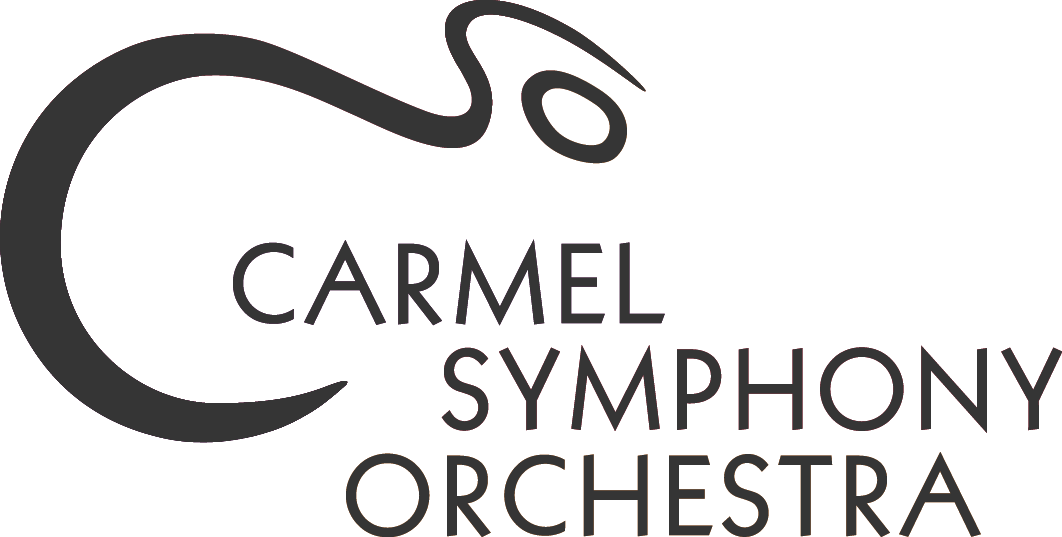Enjoy Live Music
Frequently Asked Questions
If you are attending your first Carmel Symphony Orchestra performance, or if it has been some time since your last visit, below are some frequently asked questions and answers to help you make the most of your live music experience with us.
Support The Arts
Donate To The Carmel Symphony Orchestra
The Carmel Symphony Orchestra (CSO) depends on the financial support of individuals and organizations for ongoing artistic growth and increasing educational outreach in Carmel and the surrounding communities.
